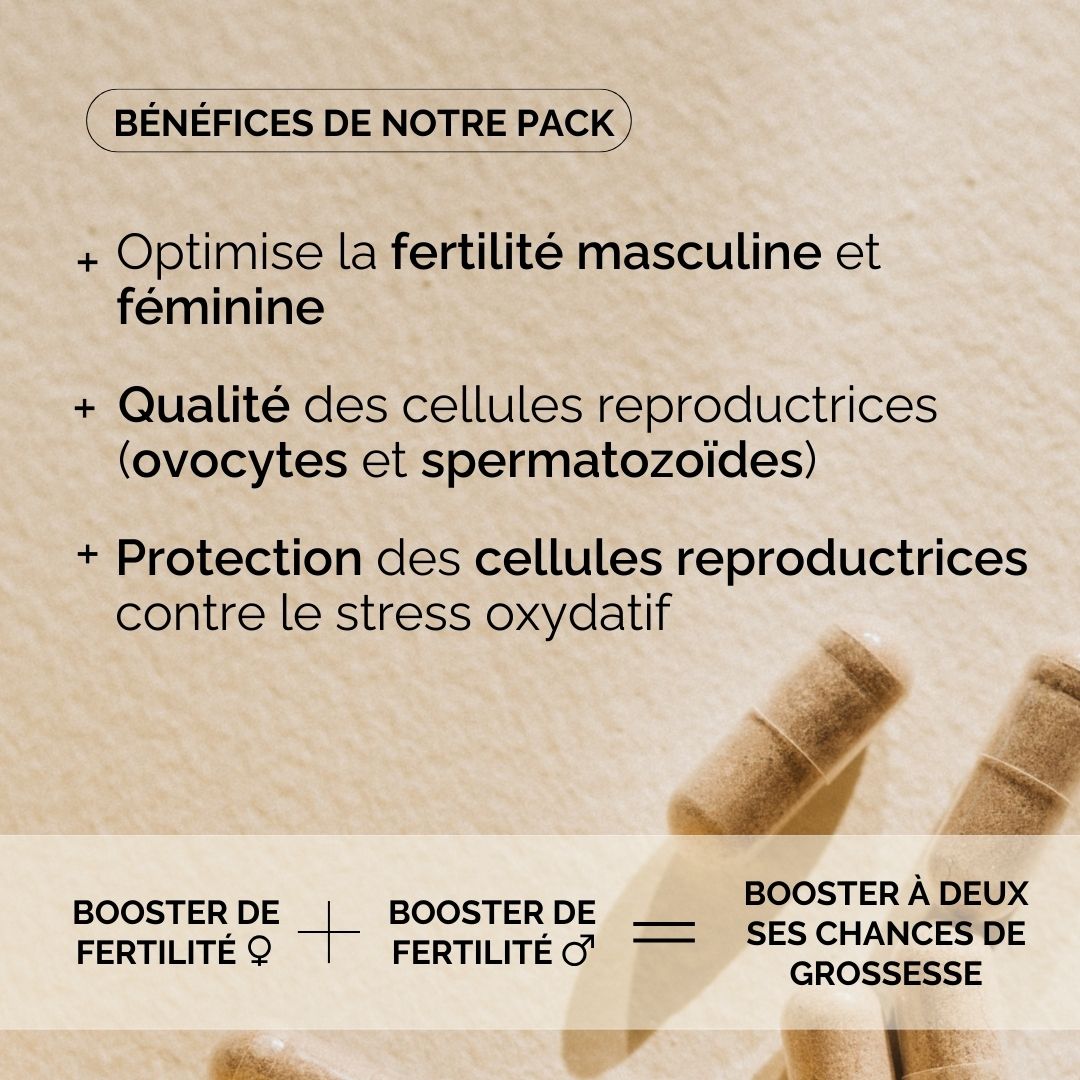
What if you could choose the sex of your future child? This is a question that's as intriguing as it is disturbing. Yes, it's not new: this dream of control fascinates parents—and it does, all over the world. Between natural methods, dietary tips, and scientific advances, the promises are numerous. But what's the reality? Because, behind these practices, certain ethical and societal issues are shaking up our certainties. So, can we really influence destiny, or should we accept the unpredictable? We're reflecting with you on this (vast) subject, its limits, and its controversies. Because we don't know about you, but we... It fascinates us! Here we go.
The Motives and Promises of Sex-Selecting Methods
The desire to choose the sex of one's child raises much more than a simple question of preference. It reflects expectations, ideals, and sometimes societal pressures. In short, issues that certain methods could address.
Personal and cultural reasons
It's a fact: many parents have gender preferences for their children. However, few admit it, as the subject remains taboo and difficult to broach. "The important thing is that he's healthy, right?" one might retort. Yes, of course. No mother or father wants their baby to be born sick. That's stating the obvious. But despite everything, the issue of gender remains paramount in some families.
The reasons for this? They are often personal. Sometimes, even difficult for those who experience them to understand. Why do we really want this girl or this boy? Is it to reproduce a family pattern? Or, on the contrary, to (re)build ourselves against it? Are we seeking to fulfill a personal dream? Does our religion consider the boy as a major family support?
Some, for example, seek a certain psychological balance within their family unit. Because, let's note that, with the famous king's choice, this "two children: one girl, one boy" pattern, parents can be under pressure to meet this societal expectation. Raising both sexes is perceived as a more fulfilling experience. And it allows them to discover several facets of parenthood.
Other parents also face the challenge of "the last chance." They have two girls or two boys and dream of their youngest being the opposite sex. It's now or never, even if the risks are significant (yes, a 50/50 chance of achieving it!)
In short, the issues surrounding the subject are numerous and important... but not necessarily without answers.
Natural and scientific methods
Choosing the sex of your child is a long-standing idea. And, according to some health professionals, it's entirely possible. How? Mainly through diet. It's difficult, in fact, to discuss the subject without thinking of the famous Dr. Papa and his (almost) no-nonsense method. For the simple reason that it reportedly boasts an 80% success rate.
The concept is simple: according to him, the diet of the future mother would influence the progression of X sperm (for a girl) and Y sperm (for a boy).
Want a baby girl? Eat a diet rich in calcium and magnesium. Go easy on dairy products and eggs (but be careful, no cheese). Add fresh fruit to your plate. However, avoid coffee, tea, and chocolate.
Do you prefer a boy? Let's go for a diet high in sodium and potassium. Yes to tea, yes to coffee. Allow yourself all vegetables... Except the green ones.
Does this seem far-fetched? Not so much. Because what's at stake here isn't limited to what we put (or don't put) on the menu today. Diet plays an important role in the acidity of the vagina. However, the vagina is a naturally acidic environment. By favoring one diet over another, we could modify its acidity to select the sperm of our choice.
This method isn't the only one that could influence the sex of children. Others exist, such as the idea of favoring diets rich in saturated animal fats to boost the chances of having a boy, versus a carbohydrate-based diet for a girl.
Did you know about the Shettles method? Here, it's based on the moment of sexual intercourse... in relation to ovulation. If you want a boy, it's better to try to conceive after ovulation. This is because sperm carrying the Y chromosome are faster, but less resistant than X chromosomes.
Finally, some medical techniques, such as preimplantation genetic diagnosis (PGD), allow for sex selection in the laboratory. However, these are strictly reserved for medical reasons, to prevent sex-related diseases. They therefore remain inaccessible to the general public.
Do you have questions about your ovulation? Do you have trouble anticipating it each month? We tell you everything in our article How to know if you're ovulating .
The limits and controversies surrounding these methods
Behind these methods, limitations are emerging. And with a lot of controversy. Here's a quick summary of what their detractors think.
Real effectiveness: uncertain results
All of these techniques are a resounding success with the public. Many women, for example, have tried Dr. Papa's method and have reportedly "obtained" the desired sex.
But these natural methods aren't to everyone's taste—and even less so to some doctors, who are calling it an urban legend, or even a scandal. First, because the results remain uncertain, due to a lack of scientific evidence. Some experts, like Dr. Olivier Marpeau, insist that the act of conception remains largely random. And they encourage us to keep in mind that biological variables remain numerous.
The only 100% effective method, according to him, remains PGD. But, let's remember, it is strictly regulated in France. This is not necessarily the case in other countries, such as the United States, which offers it to the wealthiest couples (because, unsurprisingly, it is extremely expensive).
Ethical and societal controversies
And if France prohibits this type of practice, it is for a societal reason. To what extent is choosing the sex of one's child ethical? This question can raise much deeper moral issues. In some countries, such as India and China, a cultural preference for boys has led to significant gender imbalances. In India, for example, the practice of selective abortion (although it has been banned since 1994) has wreaked havoc on the sex ratio. In 2011, there were 914 girls for every 1,000 boys under the age of 6.
In China, the one-child policy also exacerbated this preference for boys for over 35 years. In the early 2000s, there were 120 boys for every 100 girls.
The consequences? Men are having difficulty finding partners. Social tensions are rising. And there's a rise in trafficking in women in certain regions of the country.
The final point of controversy: would choosing the sex of one's child encourage a shift toward eugenics? Does authorizing sex selection risk opening the door to other forms of "selection" of our children's characteristics? Parental control could then evolve toward greater personalization, where the child would become a consumer product.
Do you want to maximize your chances of conceiving? Our fertility supplements are here to help.
Physical and psychological risks
But critics of these methods don't just point to certain ethical and societal boundaries. They point out that, above all, they present risks for the expectant mothers who experiment with them. Physical and psychological risks. Risks of deficiencies. And financial risks. Because limiting oneself to certain eating habits exposes one's body to a potential lack of nutrients and vitamins. This risks posing problems for the expectant mother.
This is one of the reasons why some doctors advise their patients to avoid these types of methods. According to them, they won't boost their chances of having a baby girl or a baby boy. However, they do increase their chances of becoming deficient, anemic, or simply in poor health... Yes, they do. They could thus cause a decrease in their fertility. And pregnant women could put themselves in a bad situation from the start of their pregnancy. Therefore, they must, above all, eat well and stay well hydrated to stay healthy.
Finally, they point out that the sex of the child is determined as soon as fertilization has occurred. Therefore, there is no point in using any method once the pregnancy test is positive .
So, what do we think about all this? Whether you're for it or against it... One thing is certain: choosing the sex of your child raises fascinating questions, both scientifically and socially. Between promises, limits, and ethical implications, everyone is invited to reflect on what the subject means to them. In other words, their own vision of parenthood. And the freedom to explore their own answers.
Sources:
- Demographics in India: Gender imbalance is worrying , Genethique.org
- The imbalance of births between boys and girls in Asia , The Yellow and the Red
- Does diet help you choose the sex of your child?, France Culture, Radio France
- Nutrition and sex of the child , Vidal
- Choosing the sex of your child? Impossible! We explain why, Franceinfo










